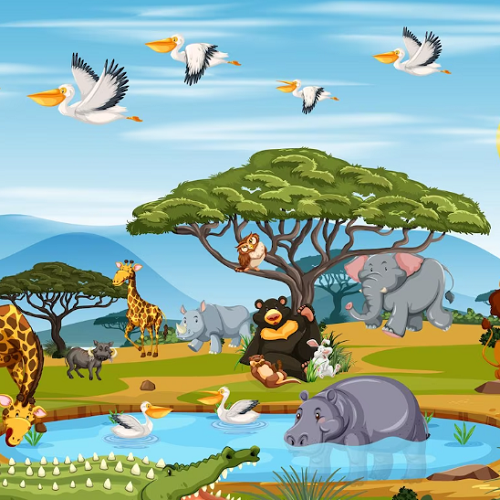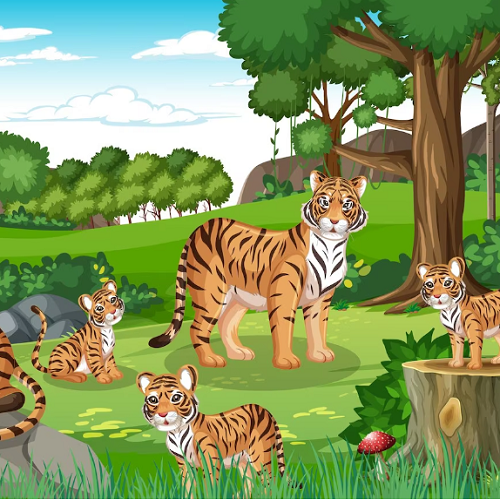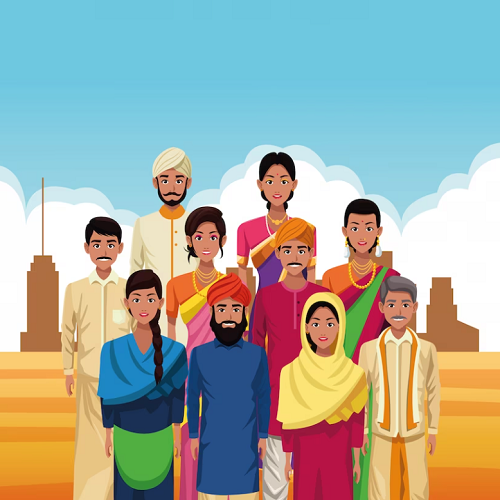Loading...

Mahasweta Devi (Class 10)
Mahasweta Devi was a Bengali fiction writer, a feminist, a crusader for the tribal communities and a
social activist.
Early life
Devi was born in Dhaka in 1926, to literary parents in a Hindu Brahmin family. Manish Ghatak, her father, was a well-known novelist and a poet of the Kallol era. Her mother, Dharitri Devi, was also a writer and a social worker. After the partition of India, she moved to India along with her family. She pursued her BA (Hons) in English from Visvabharati University in Santiniketan and MA in English from Calcutta University. She was married to Bijon Bhattacharya, a renowned playwright, with whom she had a son, named Nabarun Bhattacharya. Nabarun Bhattacharya is India's one of leading novelists of the cerebral type.
Life as a writer
Before becoming a full-time writer, Devi worked as an English professor at Calcutta University and a journalist. She wrote her first book, Jhansir Rani (The Queen of Jhansi), in 1956, after completing her master's degree in English literature from Calcutta University. Her book, Jhansir Rani, was a fictional reconstruction of Laxmibai, the female ruler who died fighting against the British. Mahasweta Devi went on to write several other novels, which include Aranyer Adhikar (The Occupation of the Forest), Dhowli, Bashai Tudu, Agnigarbha (Womb of Fire), Dust on the Road, Till Death Do Us Part, Our Non- Veg Cow, Old Women, etc.
Devi got the inspiration for most of her stories from the exploitations, struggles and discrimination of the tribals and downtrodden people of the society. Hajar Churashir Ma (Mother of 1084) is an example of this. The novel is a story of an upper-middle-class woman whose world is changed forever when her son killed for his link with the Naxalite. This novel was later made into a Bollywood film, titled Hazaar Chaurasi ki Ma. Devi also wrote novels on prejudice and plight of Indian women, which included Hazaar Chaurasi Ki Maa, Rudaali, Draupadi, etc. She even ended her own marriage with Bijon Bhattacharya to seek space for herself to write about the rights of the Indian women.
Life as an activist
Besides being a prolific writer, Mahasweta Devi also worked for the political, economic and social advancement of women and the tribal communities in India. She started Bortika, a tribal magazine, in 1980. Devi was the founding member of Aboriginal United Association .She also worked with organisations like the All Indian Vandhua Liberation Morcha and the West Bengal Oraon Welfare Society for tribal welfare. Devi is remembered for her empowerment work for the Sabars (or Saora), a scheduled tribe community in the Purulia district of West Bengal, which earned her the title of "The Mother of the Sabars".
Awards and recognition
For her immense contributions to Indian literature and society, Devi was honoured with several prestigious awards, which included Sahitya Akademi award in 1979, the Padma Shree in 1986, the Jnanpith in 1997, the Magsaysay award in 1997 and the Deshikottam award in the year 1999. Mahasweta Devi died at the age of 90 due to multiple organ failures. She wrote more than 20 collections of short stories and 100 novels during her life time. Even though she is dead, she is still alive for the people of India through her literary works.
© Arked
Early life
Devi was born in Dhaka in 1926, to literary parents in a Hindu Brahmin family. Manish Ghatak, her father, was a well-known novelist and a poet of the Kallol era. Her mother, Dharitri Devi, was also a writer and a social worker. After the partition of India, she moved to India along with her family. She pursued her BA (Hons) in English from Visvabharati University in Santiniketan and MA in English from Calcutta University. She was married to Bijon Bhattacharya, a renowned playwright, with whom she had a son, named Nabarun Bhattacharya. Nabarun Bhattacharya is India's one of leading novelists of the cerebral type.
Life as a writer
Before becoming a full-time writer, Devi worked as an English professor at Calcutta University and a journalist. She wrote her first book, Jhansir Rani (The Queen of Jhansi), in 1956, after completing her master's degree in English literature from Calcutta University. Her book, Jhansir Rani, was a fictional reconstruction of Laxmibai, the female ruler who died fighting against the British. Mahasweta Devi went on to write several other novels, which include Aranyer Adhikar (The Occupation of the Forest), Dhowli, Bashai Tudu, Agnigarbha (Womb of Fire), Dust on the Road, Till Death Do Us Part, Our Non- Veg Cow, Old Women, etc.
Devi got the inspiration for most of her stories from the exploitations, struggles and discrimination of the tribals and downtrodden people of the society. Hajar Churashir Ma (Mother of 1084) is an example of this. The novel is a story of an upper-middle-class woman whose world is changed forever when her son killed for his link with the Naxalite. This novel was later made into a Bollywood film, titled Hazaar Chaurasi ki Ma. Devi also wrote novels on prejudice and plight of Indian women, which included Hazaar Chaurasi Ki Maa, Rudaali, Draupadi, etc. She even ended her own marriage with Bijon Bhattacharya to seek space for herself to write about the rights of the Indian women.
Life as an activist
Besides being a prolific writer, Mahasweta Devi also worked for the political, economic and social advancement of women and the tribal communities in India. She started Bortika, a tribal magazine, in 1980. Devi was the founding member of Aboriginal United Association .She also worked with organisations like the All Indian Vandhua Liberation Morcha and the West Bengal Oraon Welfare Society for tribal welfare. Devi is remembered for her empowerment work for the Sabars (or Saora), a scheduled tribe community in the Purulia district of West Bengal, which earned her the title of "The Mother of the Sabars".
Awards and recognition
For her immense contributions to Indian literature and society, Devi was honoured with several prestigious awards, which included Sahitya Akademi award in 1979, the Padma Shree in 1986, the Jnanpith in 1997, the Magsaysay award in 1997 and the Deshikottam award in the year 1999. Mahasweta Devi died at the age of 90 due to multiple organ failures. She wrote more than 20 collections of short stories and 100 novels during her life time. Even though she is dead, she is still alive for the people of India through her literary works.
© Arked











